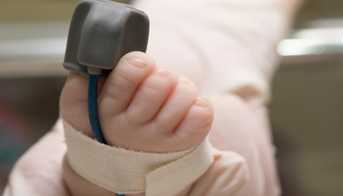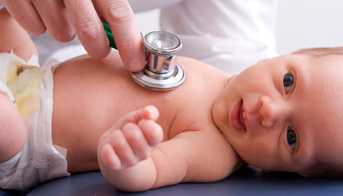Congenital heart defects (CHDs) are conditions that are present at birth and can affect the structure of a baby’s heart and the way it works. They are the most common type of birth defect. As medical care and treatment have advanced, infants with congenital heart defects are living longer and healthier lives. Many now are living into adulthood.
Share with Your Friends

Many adults with congenital heart defects need to be cared for by physicians with training in caring for adults with CHDs. Learn more about living with a congenital heart defect.

ACROSS THE LIFESPAN
CDC is making progress toward understanding the healthcare needs and outcomes among the growing population of older children and adults with congenital heart defects.

INFORMATION FOR HEALTH PROVIDERS
Critical congenital heart defect screening using pulse oximetry is a painless bedside test that can assist doctors in identifying babies with these heart defects before they leave the hospital.

CRITICAL CONGENITAL HEART DEFECTS
About 1 in every 4 babies born with a heart defect has a critical congenital heart defect and will need surgery or other procedures in the first year of life.
- Page last reviewed: February 13, 2017
- Page last updated: February 13, 2017
- Content source:







 ShareCompartir
ShareCompartir